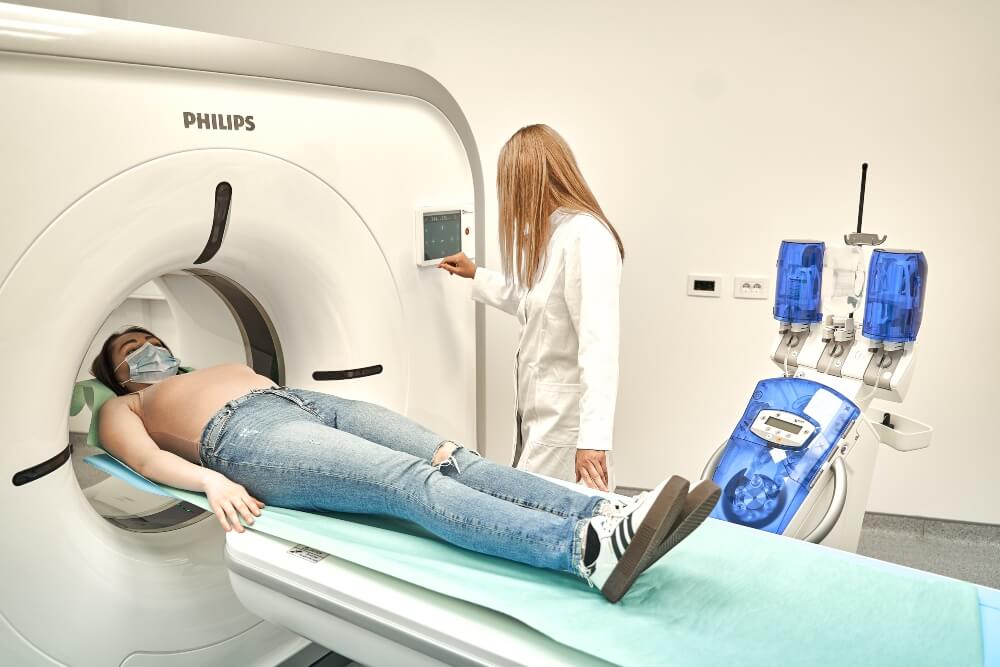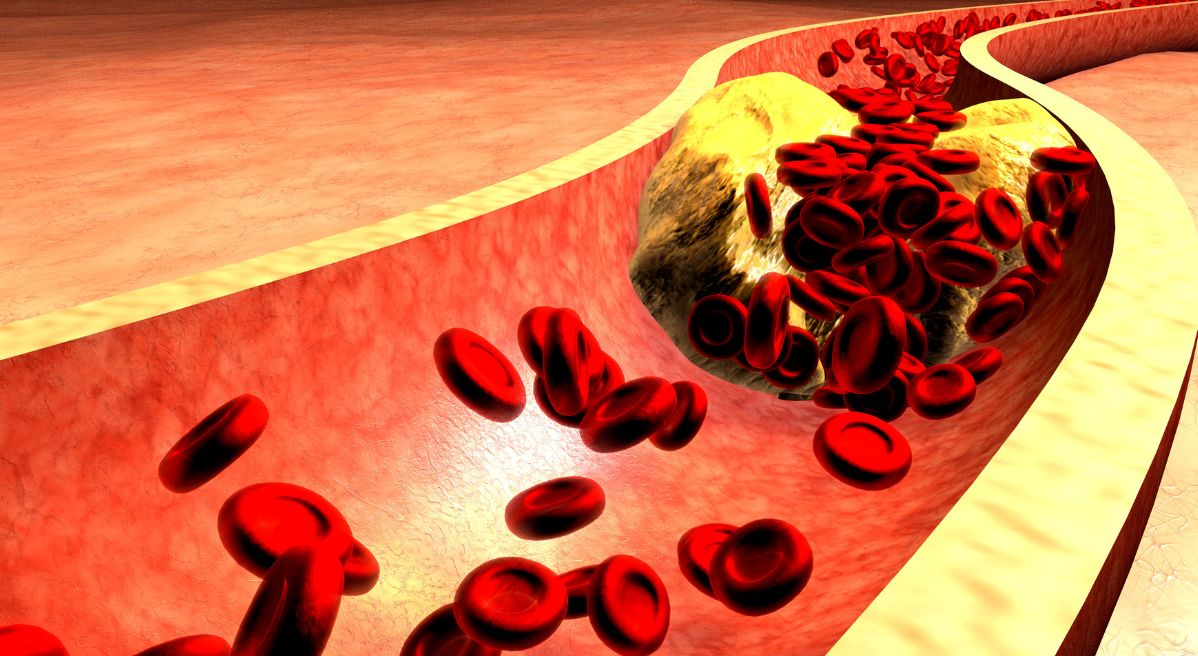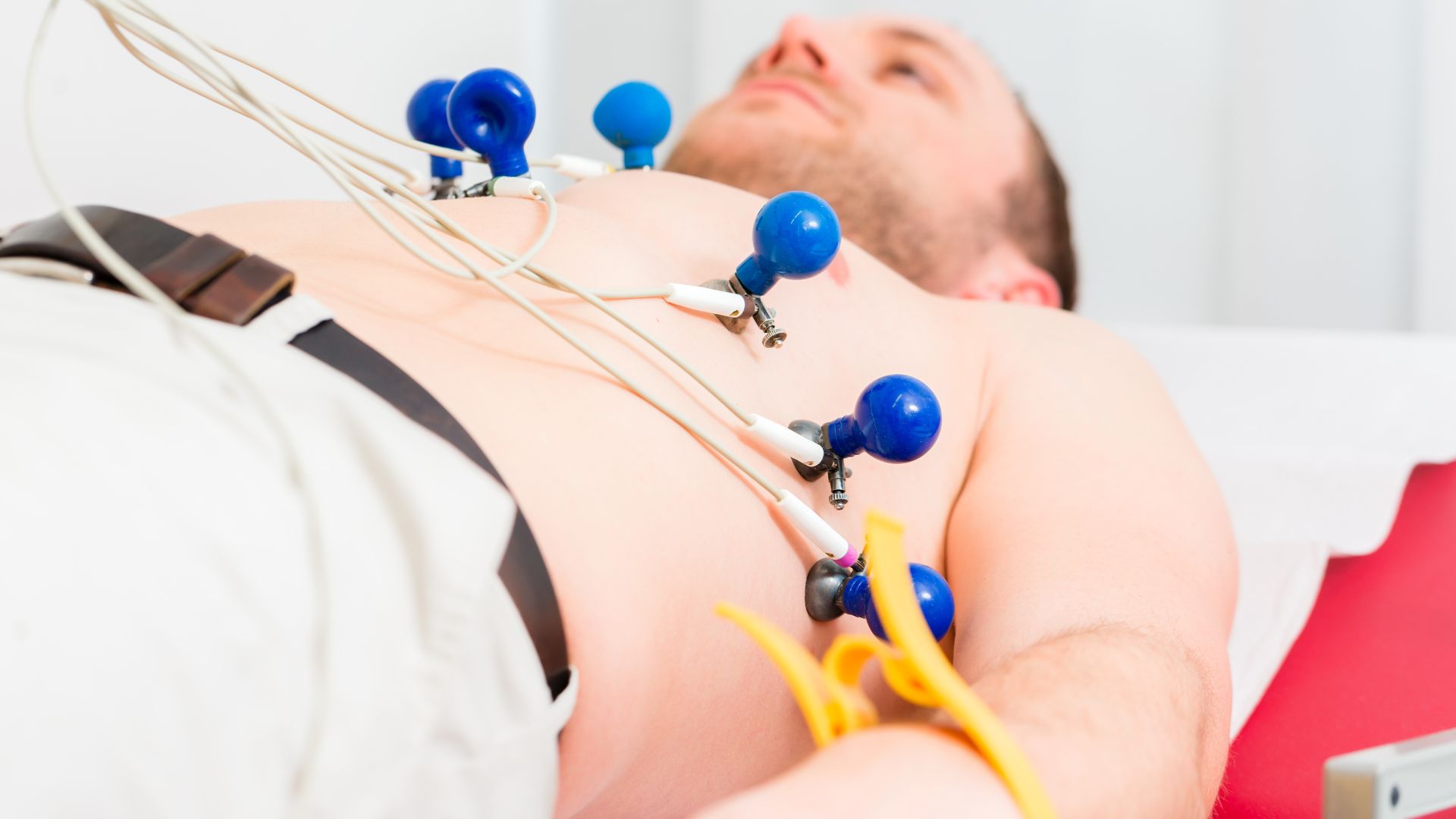The most effective and fastest diagnosis of the primary problem can be done in institutions such as ours, where there is a special Center for Vertigo.
If you recognize yourself in this text and realize that you need a Center for dizziness in Belgrade, we are here to provide you with the best options in solving the problem.
We will try to bring this problem closer to you and explain why the patient’s timely reaction and visit to the doctor is important. Dizziness doesn’t have to, but it can be a sign that your health is seriously compromised.
What is vertigo?
With the term vertigo, patients describe conditions when it seems that the space around them is spinning, when they feel unstable, weak, but also when fainting or dizziness occurs.
So, there are several ways in which we can describe this condition and it is very important to specify exactly how we feel to the doctor, because it will be important for further diagnostics.
Why does dizziness occur?
Vertigo can occur as a symptom of various diseases, some of which are transient and easily treatable, while others are more serious and require longer-term treatment and monitoring, and some require interventions.
Vertigo can be of central or peripheral origin, depending on the causes of dizziness.
Causes of vertigo
The causes of dizziness are divided into the following categories:
Central causes of vertigo
These causes are related to problems with the cerebellum and brainstem. If the patient has problems with the blood flow to the brain or blockage of blood vessels that led to a heart attack, dizziness may occur as a symptom. Malignant diseases and complications during viral infections can also be causes.
Among the most common central causes of vertigo is poor circulation in the medulla oblongata, posterior cerebrum, and cerebellum. When it comes to this, in addition to the feeling of instability, nausea, vomiting, problems with walking, weakness of the limbs, and sometimes problems with vision, speech and swallowing may also occur.
If there is a complete blockage of the blood vessels in that part, a stroke occurs, which causes severe consequences related to the functioning of the human brain, coma or death.
Tumors in the area of the brain, regardless of whether they are malignant or benign, can affect the appearance of a feeling of spinning, fainting and instability in patients. Hearing problems and weakness of certain brain nerves often occur along with this. Even benign tumors must be removed in order to eliminate symptoms.
If damage to the cerebrum is caused by salicylates, barbiturates, benzodiazepines, alcohol or epilepsy, in addition to dizziness, the patient may have problems with walking because then the limbs are also weaker or with vision, speech or understanding.
In order for the doctor to make a good assessment and to plan which diagnostic methods he will use, it is important to say if we feel any other symptoms, because dizziness rarely occurs on its own in these situations.
Peripheral causes of vertigo
- Vestibular neuronitis – or inflammation of the vestibular nerve is a very common reason for the appearance of sudden dizziness, during which the patient feels as if something is pulling him to the side. Nausea and vomiting are often accompanied by this. Patients especially complain that the condition worsens when they change the position of the head and body, and it also appears as dizziness when standing up.
Most often, this inflammation occurs as a result of a viral infection, and in such situations, the dizziness disappears after healing.
In rarer situations, problems with balance remain after inflammation.
- Labyrinthitis – dizziness in this situation appears suddenly and is accompanied by hearing loss. Labyrinthitis is most often caused by a viral or bacterial infection. In addition, it can appear with some autoimmune diseases, with meningitis and problems with the middle ear.
- Benign positional vertigo and nystagmus – this problem occurs when moving the head in a certain direction. It can also manifest itself as dizziness when standing up and is short-lived, lasting only a few seconds and accompanied by short-term nausea. This most often occurs due to the formation of otolith deposits in the posterior semicircular canal of the ear. The problem is solvable thanks to certain exercises.
- Meniere’s disease – the cause of this disease is unknown, but it involves problems with the inner ear. Vertigo, ringing in the ears, hearing problems are associated, with the fact that it is possible to influence the dizziness, while it is impossible to save the hearing, it weakens more and more, and often the buzzing remains. In two-thirds of cases, only one ear is affected, and in a third, both ears are involved.
- Head injury – post-traumatic vertigo most often occurs after a concussion due to damage to the inner ear.
Short-term, transient dizziness can also occur for other reasons, including hyperventilation, neurosis and affective disorders. In addition, it also occurs when your blood sugar or blood pressure drops, if you are anemic, you have been in an unventilated area where there are harmful substances, due to the use of certain drugs, due to overheating and dehydration.
How are the causes of vertigo detected?
Dizziness, fainting, fainting can be symptoms of various diseases and it is extremely important that at the very beginning of the analysis you explain in detail to the doctor how you feel and what exactly you mean by dizziness. If you experience fainting, be sure to tell your doctor.
Very often, diagnosing the cause of dizziness and fainting will require a team of doctors including: cardiologist, otorhinolaryngologist, neurologist, ophthalmologist and radiologist. Everything will depend on the patient’s condition and other symptoms if they are present.
In the Pulse Cardiology Center, there is a specially designed Center for Vertigo, where you will be able to perform comprehensive analyzes within one day, after which you will receive an accurate diagnosis and description of the problem you are facing.
We have designed a special package for dizziness that includes:
- examination by a neurologist
- doppler blood vessels of the neck
- TCD
- examination by a cardiologist
- lab analysis
- CT head scanner (optional)

When is it necessary to see a doctor urgently?
Since dizziness can be one of the signs of a heart attack or stroke, it is necessary to take into account other symptoms. If you notice any of the following, contact your doctor immediately, because your life may be in serious danger:
- a sudden and very severe headache
- pain in the chest area
- difficulty breathing
- double vision
- unconsciousness
- irregular and rapid heartbeat
- confusion
- speech problems
- difficulty moving
- vomiting of great intensity
- stiff face
- hearing loss
Treatment of dizziness
Treatment of vertigo is not possible without prior good and accurate diagnosis. When the team of doctors discovers the exact problem that affects the appearance of this symptom by treating the primary disease, dizziness as a symptom disappears.
If the causes are of a peripheral nature, drugs are introduced and primary infections are treated. Sometimes certain exercises will be needed.
In the case of problems of a central nature, among which the most common problem is the patency of blood vessels, the doctor focuses on solving that cardiovascular problem. Sometimes therapy is introduced, and sometimes intervention will be needed. Tumors will be treated surgically.
The center for dizziness within the Pulse Cardiology Center is equipped with the most modern medical devices, and a team composed of specialists in cardiology, neurology and radiology is always available to you. Thanks to tested and developed diagnostic steps, we can very quickly come to the conclusion which primary disease is the trigger for your condition.
After diagnosis, we are here to provide you with the necessary help in the form of therapy, interventions and monitoring the effects of treatment.
Even if this problem occurs to you sometimes, you should know why it is so and work to eliminate the cause, because sudden dizziness can put you in awkward and dangerous situations, and you can find yourself in an awkward place and get seriously injured.






